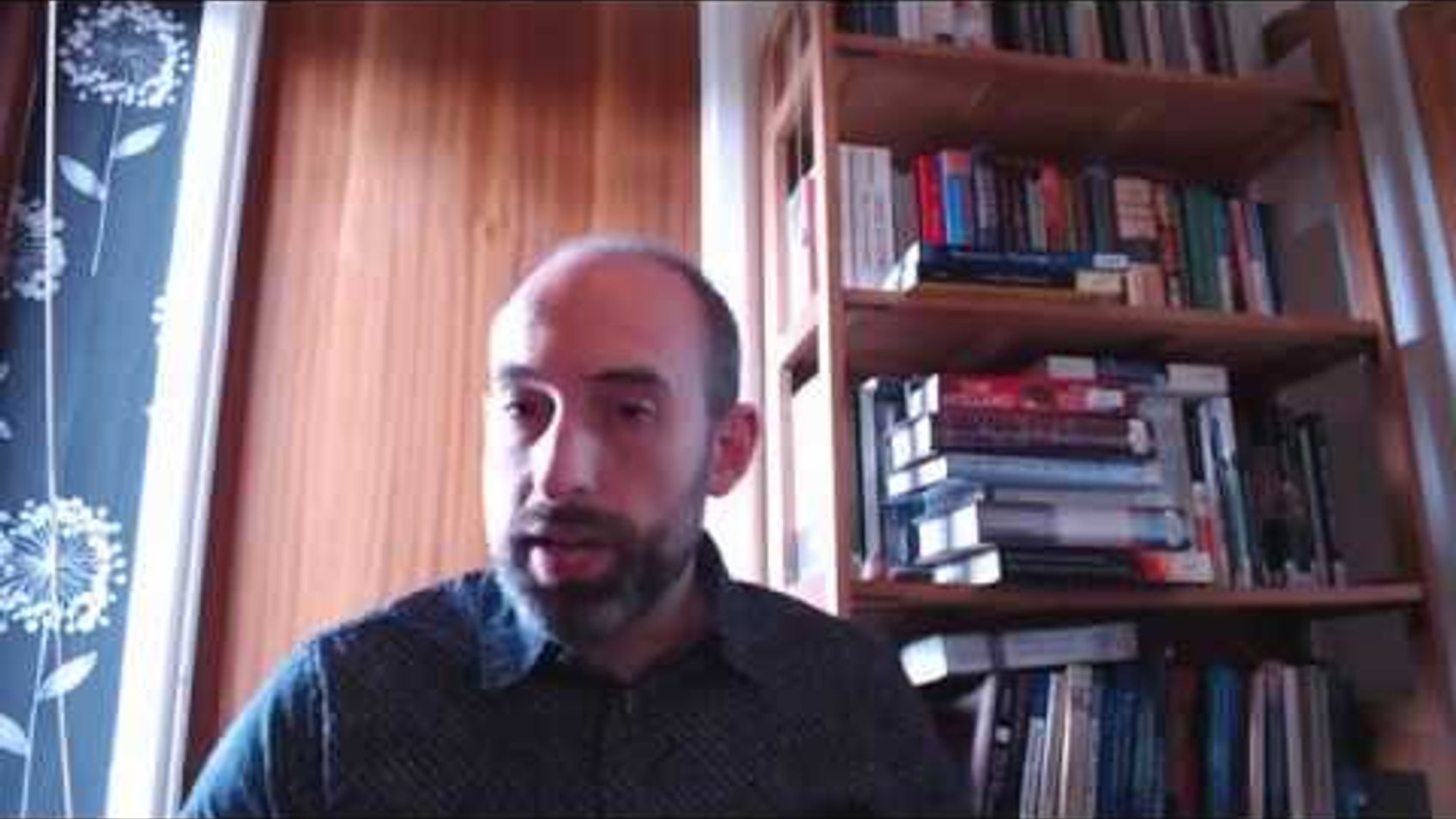Q&A#26 Does New Creation Undermine Natural Law?

Today's question: "What implications does the promise of new creation have for Christian ethics? Specifically does new creation undermine natural law ethics since we are now to orientate our lives, not towards what is revealed in nature, but towards the new creation established by God in Christ. What implications does this have for issues in which Christians often appeal to natural law arguments - marriage, sexuality, gender issues etc...?"
If you have any questions, you can leave them on my Curious Cat account: https://curiouscat.me/zugzwanged.
If you have enjoyed these videos, please tell your friends and consider supporting me on Patreon: https://www.patreon.com/zugzwanged.
My new Soundcloud account is here: https://soundcloud.com/alastairadversaria. You can also listen to the audio of these episodes on iTunes: https://itunes.apple.com/gb/podcast/alastairs-adversaria/id1416351035?mt=2.
More From Alastair Roberts
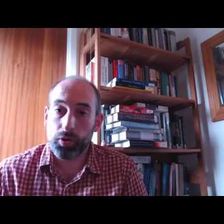
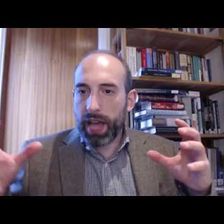
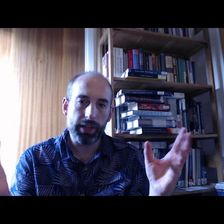
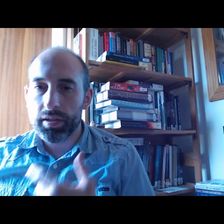


More on OpenTheo















